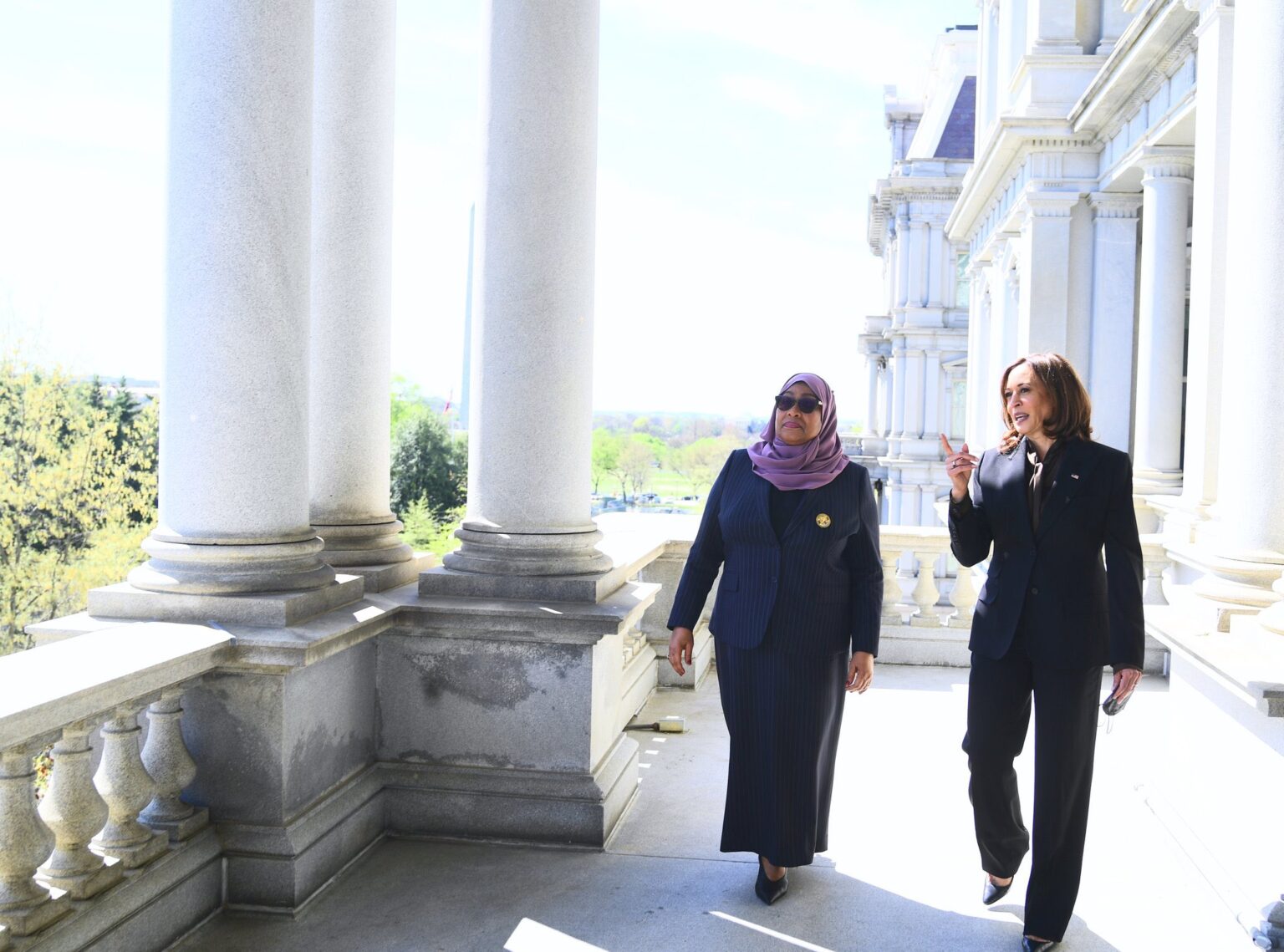- Vice President of the United States Kamala Harris toured Tanzania, Ghana, and Zambia. As the United States seeks to weaken China’s and Russia’s alliances with African countries
- In the past, the United States and Europe viewed Africa as a problem to be solved, whereas China concentrated on business, becoming the region’s biggest partner
- Its Part of a Strategic scramble for rare-earth minerals to power the world’s green revolution—cobalt, copper, and nickel, all of which are abundant in several African countries and are essential to electric cars and renewable technologies
Vice President of the United States Kamala Harris toured Tanzania, Ghana, and Zambia. As the United States seeks to weaken China’s and Russia’s alliances with African countries, she is the 18th and most senior American official to tour the continent this year. 11 African nations have been visited by American representatives since January.
First wife Jill Biden and U.S. Treasury Secretary Janet Yellen visited Africa in January and February. And just a few weeks ago, U.S. Secretary of State Antony Blinken travelled to Ethiopia and Niger, which has become the new centre for Western counterinsurgency operations since Mali drove out the majority of Western armies.
US Diplomatic Offensive to Africa
Despite an extensive influence offensive, Harris and others face a challenge in undoing years of what many Africans viewed as previous US administrations’ underestimating of the strategic partnership that African states can provide.
However, the message from Washington’s diplomats is that the United States is committed to shifting away from what has historically been a relationship centered around national security alliances and towards one focused on grassroots development. African governments and people have expressed scepticism. Many people are aware that the renewed interest is being driven by the rise of the Russia-Ukraine conflict.
These countries’ official position on the war indicates that they do not side with both Russia or the West. Others, such as South Africa, have appeared to be on warmer terms with Russia, holding controversial joint naval drills on the first anniversary of Russia’s invasion of Ukraine.
Beyond the war, historical issues complicate things. While the Soviet Union backed independence movements and the anti-apartheid fight, during the Cold War, the United States designated today’s ruling African National Congress as a terrorist organisation.
Last month, African countries represented almost half of all abstaining on a United Nations General Assembly resolution condemning Russia. Blinken indicated that this history made changing African countries’ decades-long ties to Moscow challenging.
“Unfortunately, even more unfortunately, the United States was far too receptive to the apartheid regime, so history does not disappear overnight.” “It’s a process,” Blinken explained to the Atlantic.
Rivals of the United States have not shied away from wooing African leaders. Russian Foreign Minister Sergey Lavrov has toured the continent twice in the last six months, and a Russia-Africa summit is set to take place in Moscow in July. China’s new foreign minister, Qin Gang, began his term in office with a five-nation tour of Africa, as is usual for Beijing diplomats.
Zambia’s Socialist Party leader, Fred M’membe, has stated that his country is a crucial player in the United States’ “anti-China crusade.”
“They are not pursuing democracy and human rights in Africa.” They are following geopolitical objectives. They are only concerned with their own economic concerns. “It’s not for us; it’s for them,” M’membe explained.In the past, the United States and Europe viewed Africa as a problem to be solved, whereas China concentrated on business, becoming the region’s biggest partner.
Many of Harris’ meetings with African leaders will centre on debt and Beijing’s involvement in it. Ghana and Zambia, two economies that could have been held up as models of Chinese-led development until recently, are sinking in debt, owing in part to the COVID-19 pandemic and disruptions from the Russia-Ukraine conflict.
Ghanaian Finance Minister Ken Ofori-Atta was most recently in Beijing looking to restructure debt in order to open an International Monetary Fund program, as the country’s inflation rate surpassed 50%. On Friday, he tweeted, “So far, quite positive and hopeful meetings in China!”
“There may be an obsession in America with Chinese activity on the African continent, yet there is no such obsession here,” Ghanaian President Nana Akufo-Addo said during a joint press conference with Harris.
Meanwhile, the US is accusing Beijing of stalling talks on Zambia’s debt restructuring under the G-20’s Common Framework agreement. China, the world’s biggest sovereign creditor, wants the World Bank and other multilateral lenders to be included in any agreement.
Photo/Deccan Herald
Scramble for rare-earth minerals
On top of that, there is a strategic scramble for rare-earth minerals to power the world’s green revolution—cobalt, copper, and nickel, all of which are abundant in several African countries and are essential to electric cars and renewable technologies. In areas like the DR of the Democratic Republic of the Congo, Zambia, and Tanzania, Chinese miners control the majority of commercial exports.
According to the Brookings Institution and Results for Development’s 2022 study, China refines 59% of the world’s lithium, 40% of copper, and 73% of cobalt.
The West’s new approach to the African continent must also account for the valuable technological networks under the sea in the shape of subsea data cables. “Global reliance on subsea cable systems coincides with increased demand and the growth of cloud computing, extending the power of Beijing’s hegemonic foothold on Africa (thanks to Chinese debt financing and infrastructure construction) and providing Moscow with a target for spying, tapping, or cyberattacks,” Foreign Policy’s Joseph B. Keller writes.
Read: Significance of US VP visit to three African countries
